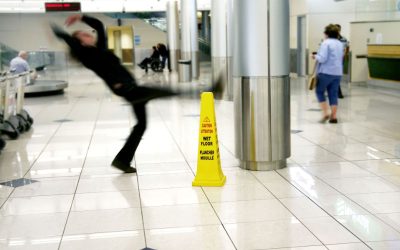The consequences of being convicted of a DWI can be devastating. For instance, a suspended or revoked license can result in job loss if the person is not able to secure an alternative means of travel. It’s essential that defendants accused of driving while intoxicated hire DWI Attorneys in Charleston to help them with their cases. DWI Attorneys in Charleston can develop a strategy consisting of a number of defenses that may help their clients escape the resulting ramifications of being convicted with DWIs.
Dispute Officer’s Testimony
One effective way to fight a DWI charge is to dispute the arresting officer’s version of events. Many times the officer’s impression of the defendant at the time he or she stopped the person will be a big portion of the case against the defendant, so calling the officer’s testimony into question can be very effective.
For instance, providing reasonable alternative explanations for specific behaviors associated with intoxication (e.g. eyes red due to allergies) may cast enough doubt on the officer’s testimony as to render it useless. Another tactic is to introduce witnesses who may have a different viewpoint than the officer. For instance, the witness may know the defendant didn’t have anything to drink or was driving erratically because of an issue with the vehicle.
Disputing Blood, Urine, or Breath Tests
Prosecutors often think they have slam dunk cases when blood, urine, or breath tests reveal the presence of drugs or alcohol in the defendants’ systems. However, many DWI Attorneys in Charleston also have effective defenses to counteract this type of evidence.
For instance, sometimes food or medication can impact the accuracy of breathalyzer tests, especially if the person has a medical condition that causes the individual to metabolize certain substances differently such as diabetes. The test results may also be inaccurate due to user error or a malfunction of the equipment.
There are a variety of things DWI Attorneys in Charleston can do to help their clients overcome charges of driving while intoxicated. To protect their rights and minimize the risk of being convicted, defendants should contact attorneys as soon as possible after being arrested or charged.







